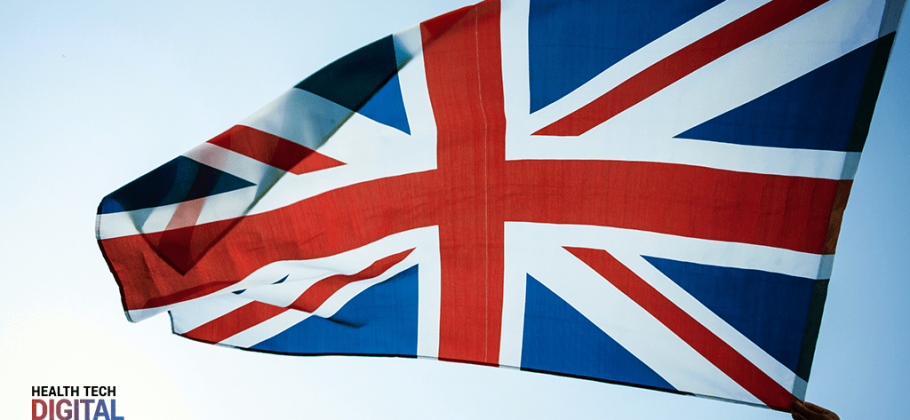In regards to Brexit, the NHS will be impacted hugely, regardless of whether there is a deal in place or if Britain withdraws in a no-deal Brexit, but what does Brexit really mean for the NHS?
- Will EHIC Still Apply?
Almost 30 million people in the UK have a European Health Insurance Card (EHIC) which allows the individual to access state-provided medical treatment across EU countries as well as in Norway, Switzerland, Iceland and Liechtenstein.
If there is a no-deal Brexit, EHIC will effectively be redundant. However, there may be an arrangement to put an agreement in place enabling EU citizens in the UK to receive NHS healthcare, and therefore UK citizens in the EU will have access to healthcare.
A deal means people will retain this right; a no-deal Brexit will likely mean the end to EHIC.
- Will The NHS Be Understaffed?
One in twenty NHS workers come from the EU, and in 2017 the NHS lost 2385 nurses and midwives from the EU. If there is an agreement for Brexit, then EU NHS workers will be able to acquire a ‘settled status’ so they can remain in the UK.
A no-deal Brexit may remove this option. The government has said it will develop a skilled migrant system with tier two visas that will allow experienced doctors and nurses to come from overseas. However, the cut-off for this is a salary of £30,000 per year meaning that many low-paid nurses and supporting clinical staff will be ineligible.
- Will There Be Enough Medicine?
At the moment, the UK exports more medicine to the EU than it receives (37 million packs per month). With an agreement, the key route for imports and exports of medicine (Dover) will be unaffected. However, a no-deal Brexit could result in huge delays. As a result, the government is already asking companies to stockpile six weeks’ worth of drugs to reduce the problems of a no-deal situation.
The main issue will come from medicines with a short shelf life, those that need refrigerating as well as radioactive materials. Other issues include small firms struggling with the lack of storage or not having the cash flow to stockpile.
- Will The NHS Really Receive £350 Million After Brexit?
The £350 million a week for the NHS was one of the biggest campaigns for the Vote Leave group. In the latest budget, the Prime Minister has promised that the NHS budget will increase by £20 billion over the next five years. Theresa May says this will partly come from a Brexit dividend.
However, many believe the rise was long overdue and would have come without Brexit. After all, the UK will continue to contribute to the EU until the end of the transition and will then have to pay a £39 billion divorce bill, which is more than the £20 billion that the NHS will receive.
- Does EU Migration Impact NHS Demand?
Targets for seeing and treating patients are being missed, with waiting times being missed for cancer, operations and A&E care struggling to be met across the whole of the UK. 58% of the population believe that migration is placing pressure on public services such as the NHS. However, research has found that migrants contribute to the NHS more than they take.
Migrants are less likely to use the NHS as they tend to be young and healthy. Furthermore, there is a significant number of EU migrants working in the health service, overall making migrants a net contributor, giving more than they take.
- Will Medical Research Suffer?
The UK leads the way in medical research and benefits from EU initiatives such as the Innovative Medicines Initiative and Horizon 2020. After Brexit, the UK will be considered a third-party collaborator, so will be unlikely to lead programmes or be able to design programmes.
Furthermore, around 75% of UK researchers work abroad; if Brexit restricts free movement, then it is vital for the government to come up with an agreement to ensure that medical research does not lose out and to make sure that the UK remains a key player in future research.












